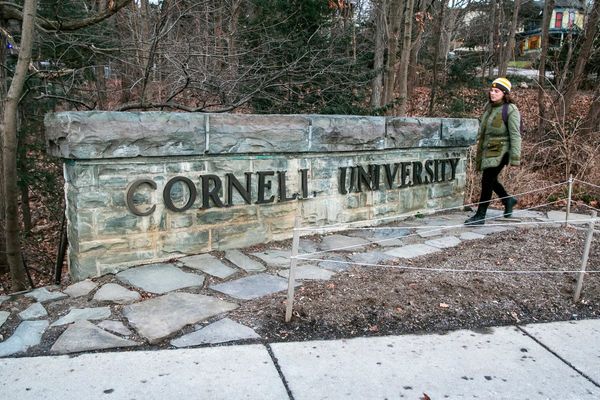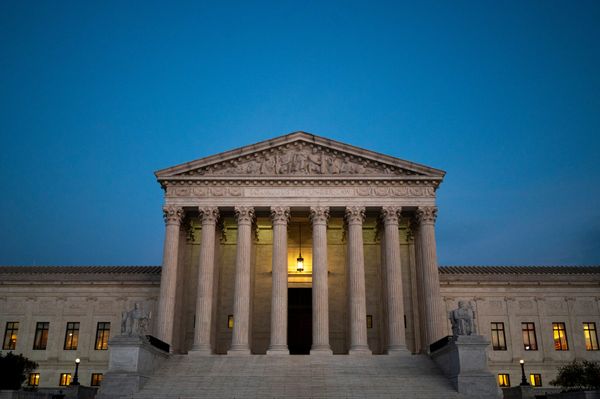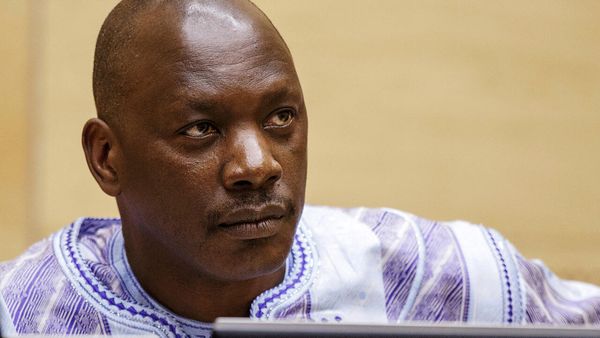
It doesn’t matter if she’s significantly taller or a few inches shorter.
She can be thinner or 20 pounds heavier.
Even if she shows up with a neon-green crewcut, a tutu and a pet iguana, we both know it will eventually happen.
When a South Asian woman orbits the same spaces as me, it always guarantees one thing: We will be confused for each other.
Being mistaken for someone else who shares the same ethnicity or skin tone is a microaggression many people of color laugh or brush off on a daily basis. The most benign scenarios veer toward the absurd, while the worst cases — hate crimes, for example — are potentially deadly.
Celebrities and elected officials are not immune.
Earlier this month, Virginia Gov. Glenn Youngkin texted state Sen. Louise Lucas to congratulate her for her floor speech on Black History Month.
But it was Mamie Locke, another African American legislator, who delivered the address.
Then, last week, a man heckled Beth Huang, the executive director of Massachusetts Voter Table, during a news conference at the Boston Common.
The irate protester thought he was verbally attacking Boston Mayor Michelle Wu, also an Asian American like Huang.
Wu wasn’t anywhere near the voter rights event.
I am sure all these women, including the South Side-born Wu, often feel like they are in a maddening, recurring dream.
I know I do every time a teacher, friend or co-worker has called me a different Indian or Arabic name.
Psychologists say many people are better at recognizing the faces of those who belong to the same race as theirs than those who don’t. The more we interact with people from other races, however, the less hindrance we have in being able to differentiate.
That explains why many people of color who are forced to adapt to and navigate white spaces usually don’t mistake one Caucasian for another.
White people, on the other hand, can more easily avoid a job, parties and gatherings where most people in the room are Black or Brown. They can manage without prolonged conversations with people of color, making it easier to subconsciously lump us together.
That doesn’t mean people of color can’t make the same gaffes.
Those who spend less time with white people may think they all look alike, too, which is exactly what an Indian aunty told me once after misidentifying the blonde wife of a friend as another man’s white, brown-haired spouse.
But in this country, white people don’t often find their names in newspaper captions accompanied with pictures of someone else, or reprimanded by a boss for something they didn’t do.
There was a brief period in my youth where some of my rebellious East Asian and South Asian friends took advantage of our status as “interchangeable” clones.
If they wanted to sneak out to a bar or club, all they needed was a willing older sibling or friend who’d lend them a driver’s license.
We didn’t need fake IDs like the white kids who constantly worried the illegal documents they purchased or made with the painstaking precision of a Van Gogh would give them away.
I guess being seen as a full-fledged individual has its pitfalls.
While those who routinely misidentify people aren’t necessarily racist or have ill intentions, the fallout is damaging.
The targets of the blunders are left feeling invisible, unappreciated and ignored with each micro-aggressive dagger.
An Indian American journalist friend and I still chuckle about the time I was erroneously given her much more generous paycheck when we worked in a same newsroom two decades ago.
I couldn’t believe my eyes. Then I saw the name on the check.
Dejected, I remember thinking I should have been a copy editor instead.
But at least, for a moment, I knew what it felt like to be well-paid.
Rummana Hussain is a member of the Sun-Times editorial board
Send letters to letters@suntimes.com







